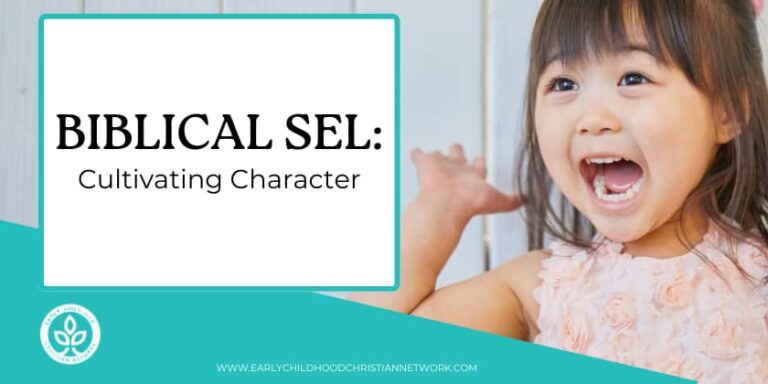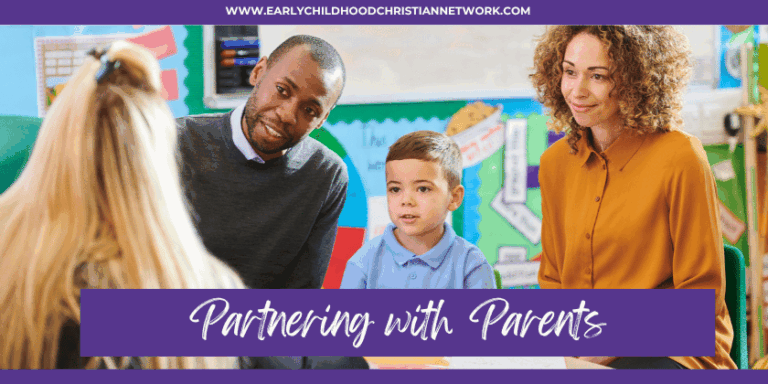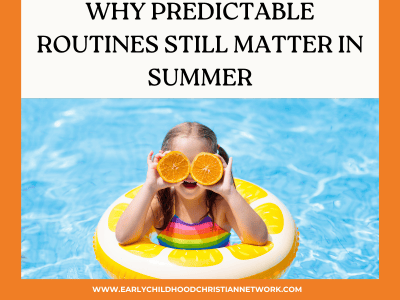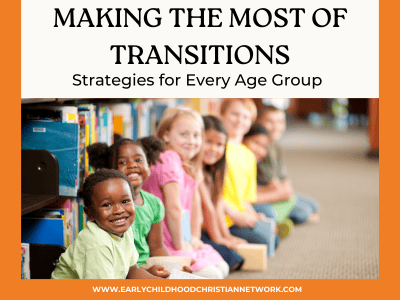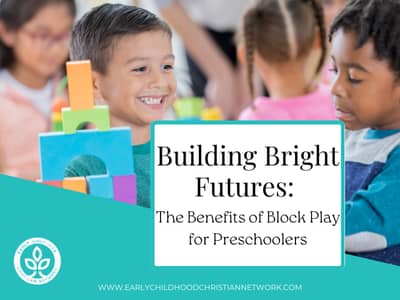BIBLICAL SEL: Cultivating Character
Hey Reader! We know how essential social-emotional development is during the first five years of life, and at ECCN, we talk about practical strategies regularly for supporting healthy social-emotional development. In the first few years, children are learning how to identify their feelings, control their impulses, build relationships, and make good choices. In education, we often call this Social and Emotional Learning. The framework is valuable and accurate, but today, we’re going to take a…

